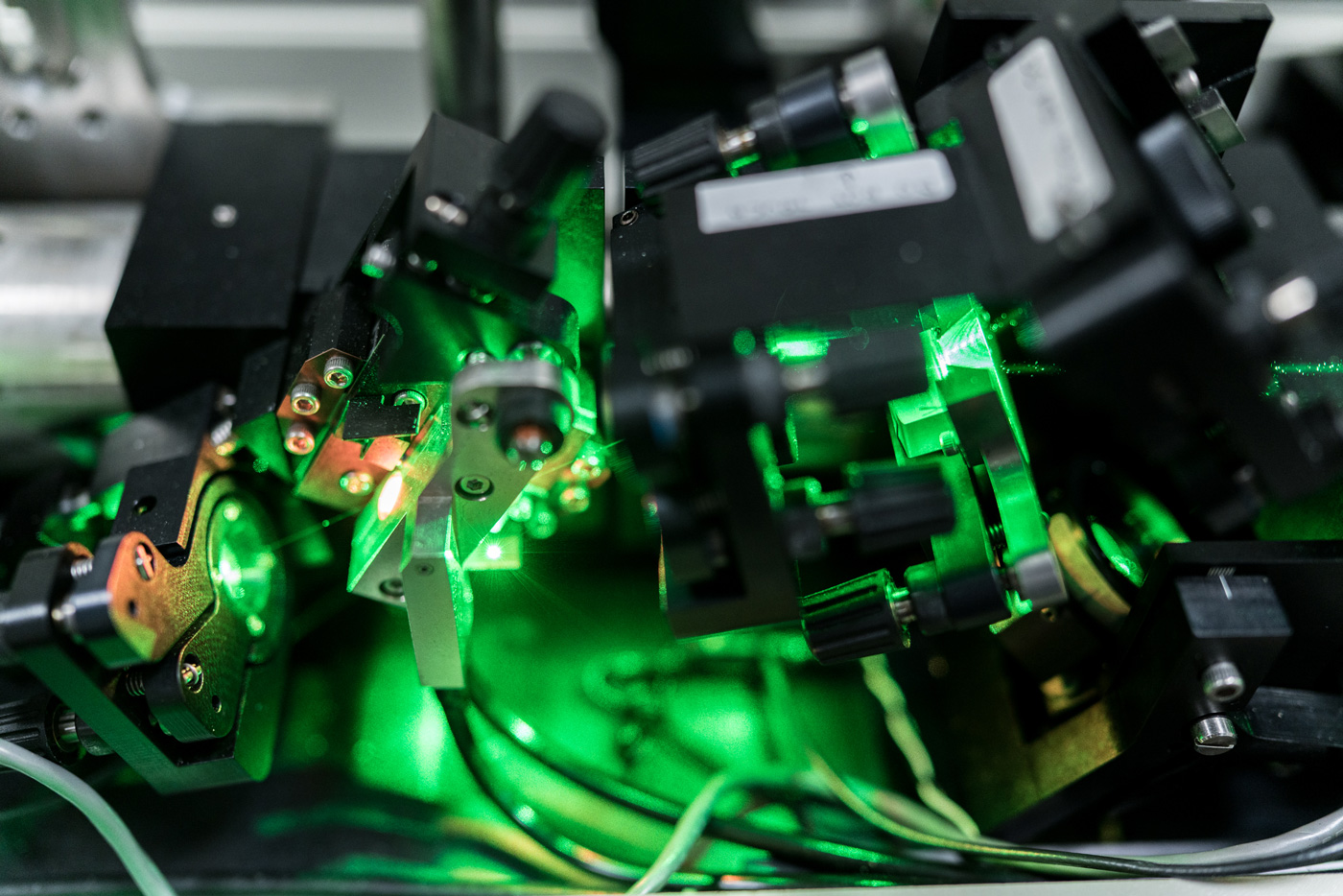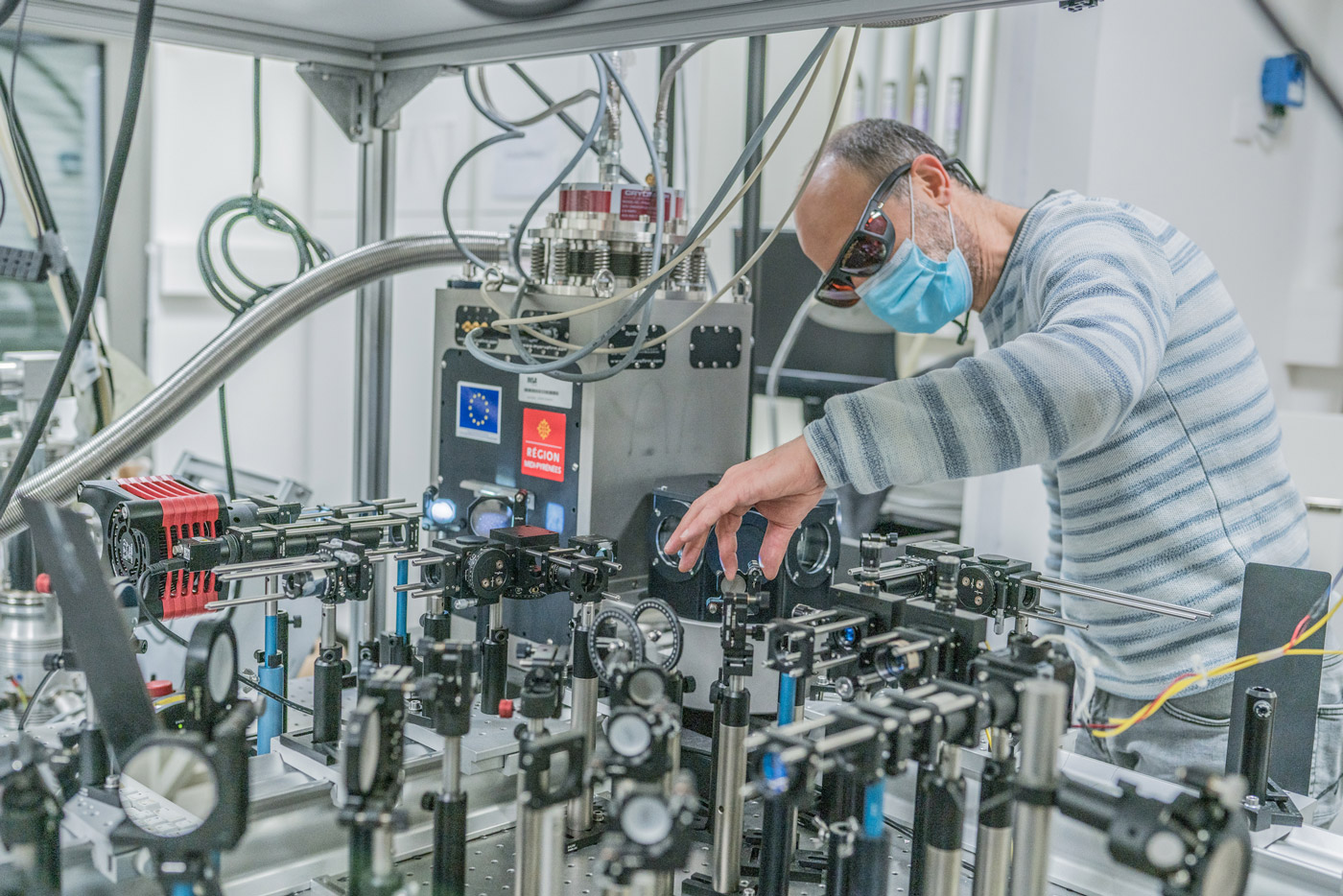About

Since graphene was discovered less than two decades ago, progress in the field of 2D nanomaterials has been exponential. These materials are now widely used in applications including biosensors, drug delivery, imaging and tissue engineering. The EU-funded DYNASTY project will partner the Foundation for Research and Technology Hellas (FORTH) in Crete, Greece with two leading European research teams at the forefront of nanomaterials research. The project will increase FORTH’s scientific output on the investigation of the dynamics and structure of 2D materials. This will elevate the Foundation’s global reptation and enhance its ability to attract young scientists in nanomaterials science and technology research and development.

DYNASTY is developing state-of-the-art hard and soft skills and grow networking experience across partners that will support scientific capacity building on the field of 2D materials fine analysis in Greece. Its prominent aim is to create a sustained effect on nanoscience and nanotechnology innovation in Greece. This will be realised via spreading excellent science through training and state-of-the-art research activities in nanomaterials (e.g. 2D materials) fine structural analysis characterization techniques and via enhancing the scientific capacity of linked institutions, by developing an advanced Spectroscopic and Imaging Workstation at the South East of Europe (Crete, Greece).
DYNASTY supports scientific research in Greece by furnishing the grounds for holistic training, building know-how, and networking among the consortium partners in producing excellent research and developing long-term collaboration plans beyond the project. The DYNASTY environment strongly influences the widening partner professional development and enhance future career prospects of early-stage scientists, including opportunities to gain prestigious postdoctoral fellowships, set up their own research groups in EU institutions or to establish their own innovation start-up companies. DYNASTY is expected to promote new research groups flourish in Greece within the next 5-10 years, which, in turn, will have major positive repercussions for Nanoscience research and innovation in the country.

Objectives
DYNASTY’s primary objective is to build in the European Southeast, and in particular in the Foundation for Research and Technology Hellas (FORTH) in Crete, a significant pole of attraction for nanomaterials researchers and scientists. This will be accomplished through joint research activities and partnering with two well-established European research teams, which are in the forefront of nanomaterials research. The activities will contribute in scientific production that will motivate and attract young scientists in nanomaterials (e.g. 2D materials) science and technology.

The partners include:
the University of Antwerp (UA) with strong expertise in advanced Electron Microscopy for Materials Science and in Condensed Matter Theory (the EMAT and CMT groups, respectively), which are both part of the UA NANOlab Center of Excellence (Belgium)
the National Institute of Applied Sciences (INSA- University of Toulouse), with deep expertise in advanced spectroscopic characterization techniques of 2D materials.

The activities involve training through cross-lab visits, workshops, short courses, joint conferences, and well-designed communication activities to attract young scientists at FORTH. All teams will provide their expertise and collaborate to build advanced Imaging and Spectroscopy expertise at FORTH (combining non-linear and time-resolved optical spectroscopies) that will provide precise fine structural analysis of 2D materials and their heterostructures. By the end of the three-year project, FORTH will gain advanced skills in nanomaterials characterization and knowhow in nanoelectronic devices fabrication. As a result, DYNASTY will create a collaborative platform for widening experimental networks among nanomaterials labs in Europe, enabling local teams to produce excellent interdisciplinary nanoscience, currently lacking in Greece.